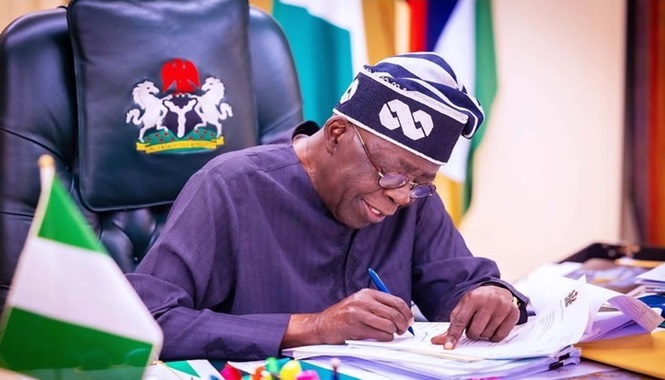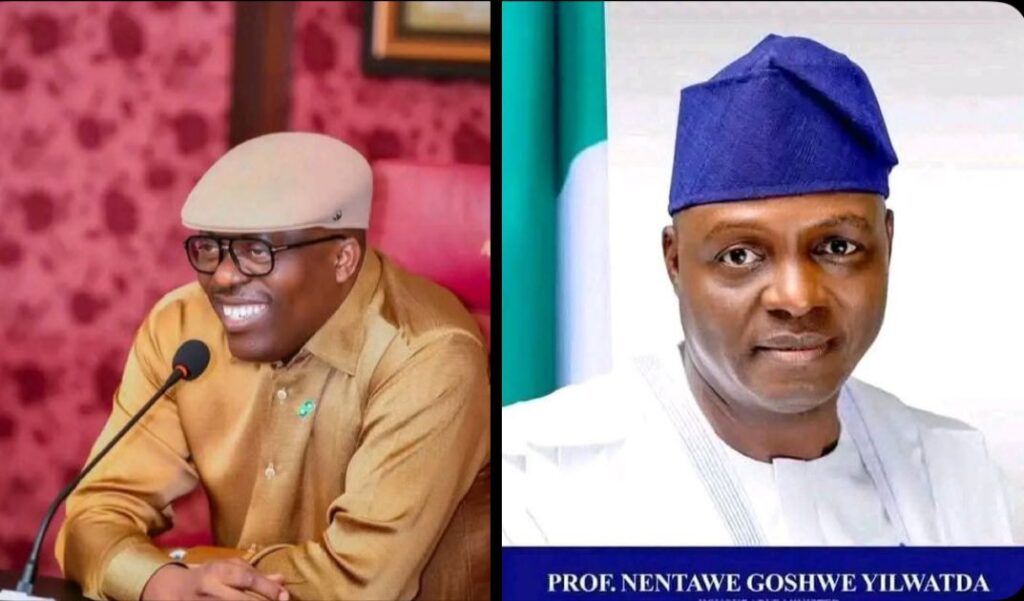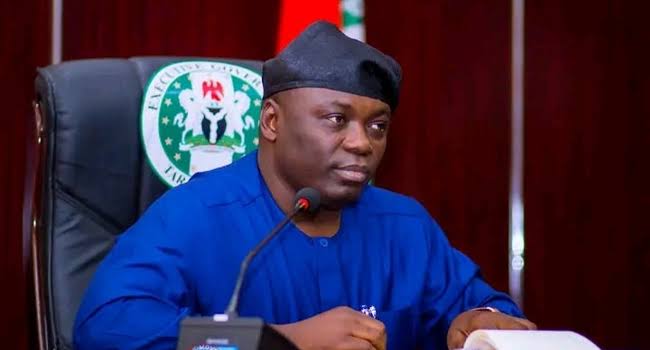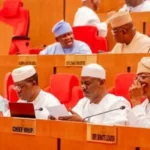As President Bola Ahmed Tinubu turns 73 on March 29, 2025, it is not just time that is being marked, It is the marking of a remarkable journey with political, economic, and developmental milestones that have had a deep impact on the Nigerian landscape. Bola Tinubu's political career began long before he ever became president of Nigeria. His journey to the political limelight began in 1993 when he was voted into the Nigerian Senate as a representative of Lagos West during the Third Republic. There, he was the Chairman of the Senate Committee on Banking, Finance, and Appropriations and contributed significantly to the country's financial policy while in office. But it was in 1999 that Tinubu's impact on Lagos State began to resonate deeply. After decades of military rule, he was the first civilian governor of Lagos State, holding office for two consecutive terms from 1999 to 2007. His tenure was marked by revolutionary reforms that laid the foundation for the modern metropolis Lagos is now. In his time, the state had never seen so much development in infrastructure, internal revenue generation, and overall development. His government is credited with raising Lagos' internally generated revenue from ₦600 million to ₦8 billion, thus enabling him to embark on vital projects like the expansion of the Lekki-Epe Expressway as well as the creation of the Lekki Free Trade Zone. One of the hallmark policies of his time in office was the creation of the Lagos State Lotteries Board, which allowed revenue to be generated through licensed games, which made Lagos a benchmark for fiscal responsibility amongst Nigerian states. Tinubu's political influence extended far from Lagos. He became an influential figure in Nigerian national politics as a national leader of the All Progressives Congress (APC). Tinubu was at the forefront in 2013 to form the APC, an alliance of opposition, which overthrew the longstanding People's Democratic Party (PDP) regime in the elections of 2015. It was his own political acumen, thinking strategic mind, and ability to gather different political camps for the higher interest of the nation that was reflected in helping the APC gain victory. His influence in the APC has not only shaped national politics but also educated a new generation of Nigerian leaders. Some of his protégés have become influential figures, becoming governors, ministers, and legislators, thus continuing his legacy in Nigeria's politics. Tinubu realized the pinnacle of his political stature in 2023 when he was elected as the 16th president of Nigeria. The election was read as a peak of decades-long political calculation, statecraft, and deep insight into the politics of the country. His reign has been thus far marked by bold moves that aimed to revolutionize the economy of Nigeria as well as solving the country's largest problems. One of his first major actions as president was the abolition of the fuel subsidy regime, which was met with applause and criticism. The move was aimed at saving Nigeria trillions of naira that Tinubu intends to invest in critical infrastructure and development projects. His administration has also been busy revamping the nation's tax regime, unifying the foreign exchange market, and investing in economic diversification. In addition, in an attempt to improve the nation's energy status, President Tinubu inaugurated a Compressed Natural Gas (CNG) vehicle conversion programme to provide a less expensive and cleaner substitute for petrol. The programme will go a long way in mitigating Nigeria's energy crisis as well as the economic burden to the citizens who have been subjected to the high cost of fuel. Outside politics, President Tinubu has shown passion for transforming Nigeria into a global player in innovation, science, and technology. As Chairman of the National Space Council, he has reactivated the National Space Research and Development Agency (NASRDA), giving guidance for the successful launch of some satellites aimed at addressing critical challenges such as agriculture, security, and environmental monitoring. Under his leadership, Nigeria has embraced the technologies of artificial intelligence, robotics, and space technology, putting the country in a position to reap the full benefits of the Fourth Industrial Revolution. The vision is not only to enhance Nigeria's science capability but also to attract technology investments from around the world, making the country a player in the global tech industry. With Bola Tinubu turning 73 today, his life is a demonstration of determination, leadership, and tireless commitment to Nigeria's advancement. From senator to governor, APC leader, and now president, his life is a story of vision and execution. His leadership has transcended fields, with enormous influence in politics, economics, governance, and innovation. As Nigeria faces the challenges of the 21st century, Tinubu's presidency offers a promise of change, an alliance for national progress, and an undeniable vision for a better future. His presidency continues to leave an indelible mark on the country, and his path remains one of the most incredible in the recent history of Nigeria.









